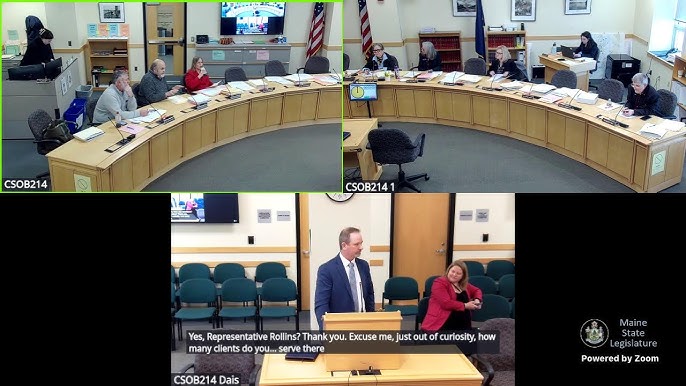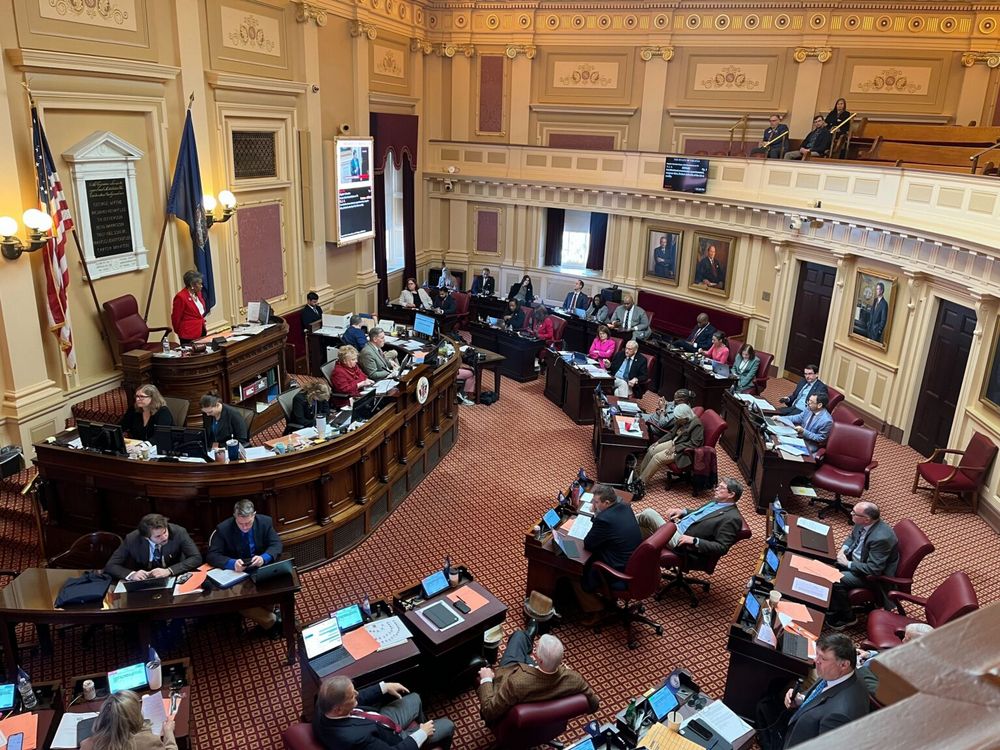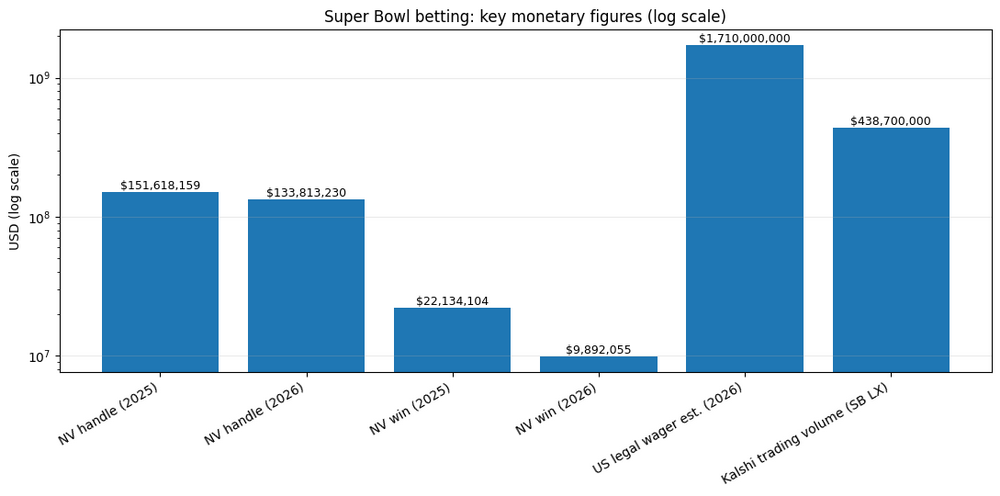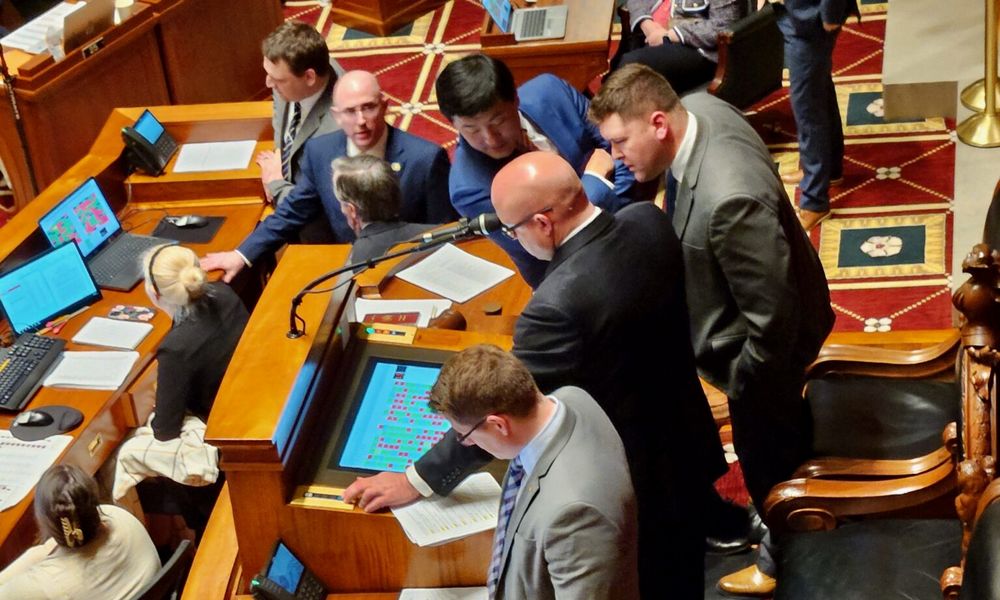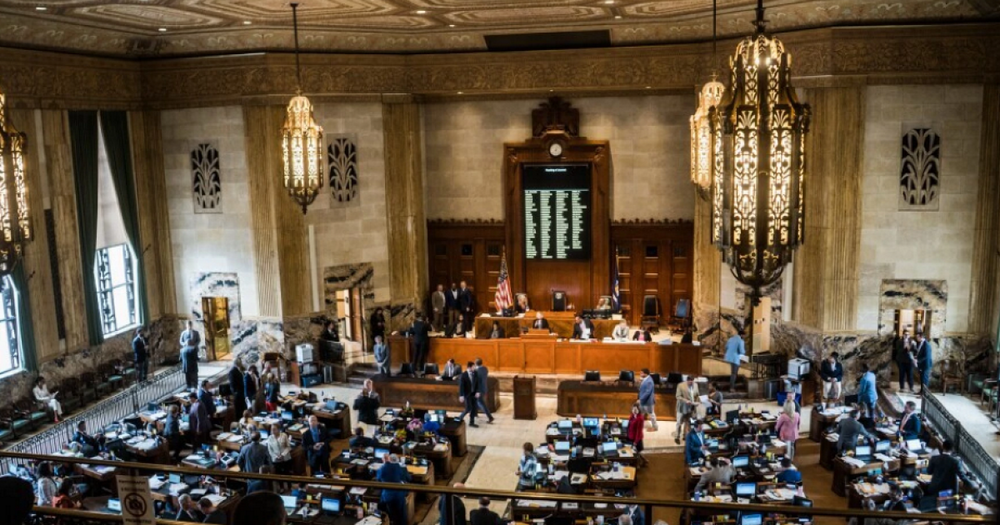A new political and regulatory storm may be brewing in Mexico as workers at the iconic Hipódromo de las Américas in Mexico City have publicly called on President-elect Claudia Sheinbaum to investigate the legality of the concession held by Spanish gaming giant Codere.
The workers, supported by unions and civic groups, argue that Codere’s management contract was irregularly extended during the administration of former President Enrique Peña Nieto, bypassing proper regulatory and public scrutiny.

According to their statement, the alleged irregularity allowed Codere to continue operating the racetrack and its attached gaming facilities under terms considered “unfavorable to Mexican interests,” and without adequate reinvestment in the facility or its staff. Workers claim that despite hosting major events and offering slots and betting services, their working conditions have deteriorated and the infrastructure has not been significantly improved.
Nobody wants to play with Codere: fined in Mexico, sanctioned in Spain, and under Nasdaq threat

The Hipódromo de las Américas, built in 1943, is not only a heritage site for horse racing in Latin America but also a focal point for broader gambling operations in the region. The facility includes race betting, slot machines, and OTB services, all managed under Codere’s Mexican subsidiary.
Codere is losing the bet in Mexico.
With Claudia Sheinbaum’s administration preparing a regulatory reform agenda—especially in sectors involving public-private concessions—this case may become emblematic of wider reviews expected in other industries.
Codere has yet to issue an official statement, but sources within the company indicate they consider the concession legal and in accordance with Mexican law.
The move also comes at a time when Codere is attempting to stabilize its global operations, following years of financial restructuring and losses in various markets. A challenge to its Mexican operations—historically one of its strongest footholds—could have significant implications for its long-term recovery strategy.












